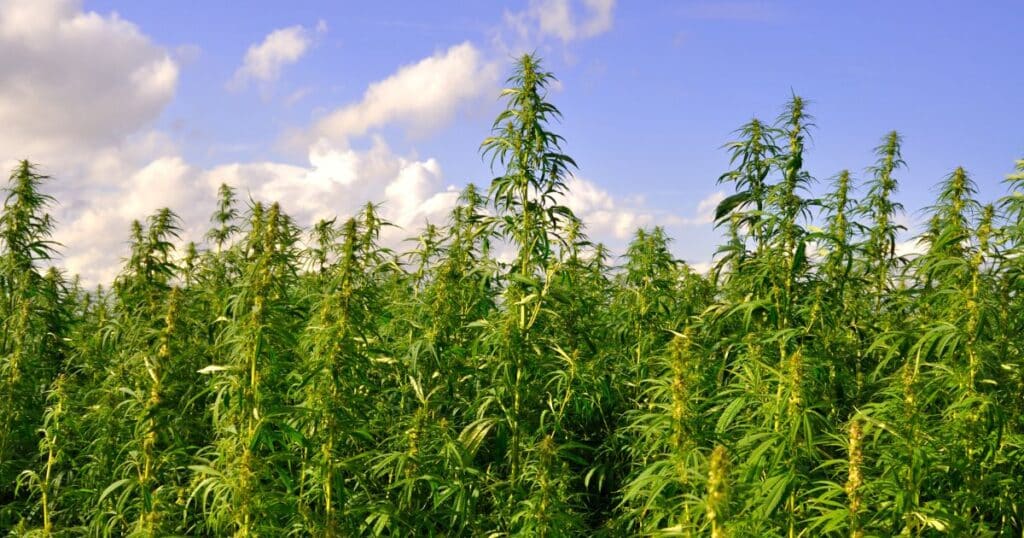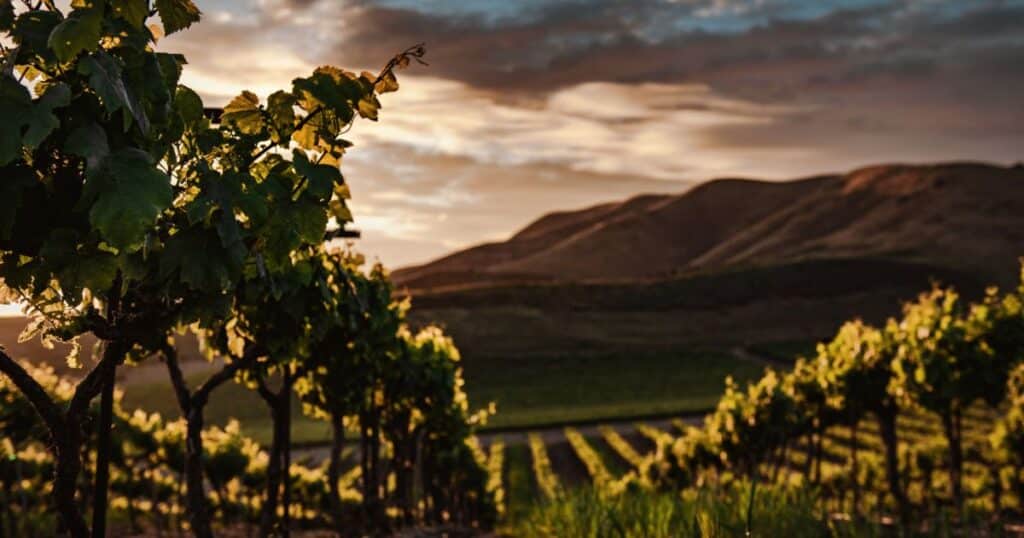Cover crops have long been used in agriculture to improve soil health and provide various benefits for crop production. In vineyards, cover crops are planted explicitly between rows of grapevines to help maintain soil moisture, prevent erosion, and contribute to overall vineyard health. However, a recent study has revealed that there may be a new player in the world of cover crops – hemp. This exciting new research shows that hemp can be an effective cover crop in wine vineyards, providing numerous benefits for both the soil and the vines themselves.
Hemp as a Cover Crop
Cover crops have long been used in vineyards to improve soil health and promote a healthy environment for grapevines. These cover crops are typically planted between rows of vines, acting as a living mulch that helps protect the soil from erosion, reduce weed growth, and conserve moisture. While traditional cover crops such as clover, rye, and oats have been widely used, a new study has shown that hemp may offer even more benefits as a cover crop in vineyards.

Hemp, known for its fast growth and hardy nature, could gain popularity as a potential cover crop due to its unique characteristics. Unlike other cover crops that require frequent watering, hemp is drought-resistant and can thrive with minimal care from the vineyard manager, which makes it a cost-effective and low-maintenance option for vineyards.
Additionally, hemp has a deep root system that can reach up to 3 feet into the soil, providing benefits such as increased soil aeration and nutrient uptake. Its long taproots also help stabilize the soil, preventing erosion and runoff. These qualities make hemp an attractive alternative to traditional cover crops in vineyards.
The Study: Three Years of Research
The study on the effectiveness of hemp as a cover crop in wine vineyards was conducted over a period of three years in Marlborough Sauvignon Blanc vineyards by grape grower Kirsty Harkness and viticulture researcher Dr. Mark Krasnow, as reported by New Zealand Winegrower. The study aimed to determine if hemp could provide similar or better benefits as traditional cover crops without negatively impacting grapevine growth and quality. Industrial hemp seeds were sown in the midrow of three Marlborough Sauvignon Blanc vineyards to assess the effects of hemp as a cover crop/intercrop on the vines and the vineyard soil.
Positive Findings Of Study
The results of the three-year study showed that hemp had a positive impact on both the soil and the vines. The presence of hemp increased soil organic matter and carbon levels, which are crucial for maintaining healthy soil. Its deep root system also helped to sequester carbon deeper into the soil profile, contributing to climate change mitigation efforts.
One of the concerns with using hemp as a cover crop was the potential competition for resources with grapevines. However, the study found that hemp did not compete with vines for water or nutrients and did not negatively impact vine growth or yield. In fact, it was found that hemp helped improve soil moisture levels, further benefiting the health of the vines.
Another interesting finding was the positive impact of hemp on native yeast populations in the vineyard. Native yeasts play a crucial role in the fermentation process and can greatly influence the flavor profile of wines. The study showed that hemp increased the abundance and diversity of native yeast populations, potentially leading to more complex and unique wine flavors.
The Future of Hemp in Vineyards
The results of this study have shown that hemp has the potential to be an effective and beneficial cover crop in wine vineyards. Its ability to improve soil health, sequester carbon, and positively impact native yeast populations makes it a promising option for grape growers. In addition, its low maintenance and cost-effective nature make it a practical choice for vineyards.
As the demand for environmentally sustainable practices in agriculture continues to grow, hemp may become a widespread cover crop option in vineyards. Its numerous benefits for both the soil and the vines make it a valuable addition to traditional cover crop practices. With ongoing research and experimentation, we may see more vineyards incorporating hemp into their cover crop management in the near future.
Keep updated on all the latest news and updates in the Cannabis industry here at Beard Bros Pharms by signing up for our Friday Sesh Newsletter here. Always Dank and Never Spam!





















